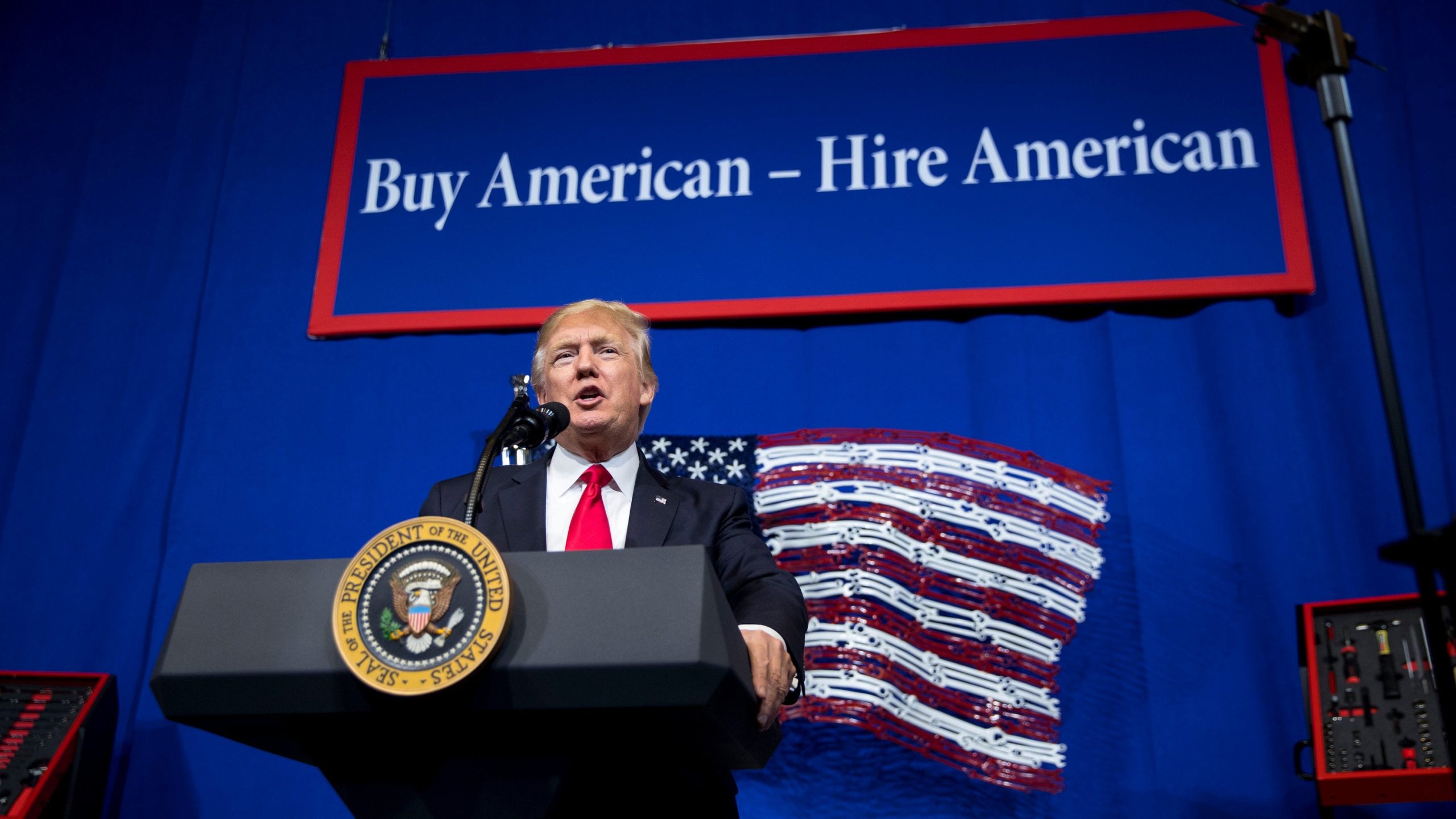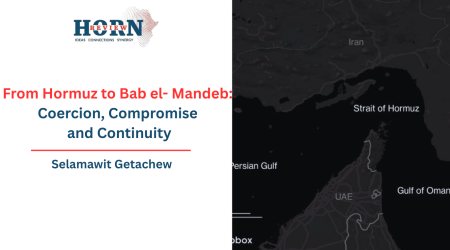
6
Feb
The Price of Defiance: Trump’s Tariffs and the Future of Global Trade Amidst BRICS Currency Talks
Ethiopia’s Economic Future Amidst the US-BRICS Currency Standoff
The U.S. dollar has long been the dominant force in global finance, serving as the world’s primary reserve currency. Between 1999 and 2019, data from the Federal Reserve shows that the dollar was used in 96% of trade invoices in the Americas, 74% in the Asia-Pacific, and 79% across the rest of the world. The Atlantic Council further reports that the dollar is involved in 88% of global currency exchanges and comprises 59% of central bank foreign currency reserves. Despite gradual shifts favoring the euro, yen, and yuan, the dollar remains unrivaled in its global influence.
BRICS and the Push for De-Dollarization
Amid this landscape, the BRICS bloc (Brazil, Russia, India, China, and South Africa) is exploring the creation of an alternative currency to challenge the dollar’s supremacy. If successful, this move could reduce the effectiveness of U.S. sanctions, weaken the dollar’s value, and accelerate global de-dollarization. However, experts remain divided on whether a BRICS currency could truly threaten the dollar’s dominance.
U.S. President-elect Donald Trump, known for his protectionist stance, has pledged to impose strict tariffs on nations seeking to move away from the dollar. During the September 2024 presidential debate against Vice President Kamala Harris, Trump reaffirmed his intent to pressure BRICS nations into maintaining the dollar’s status as the global reserve currency.
Kremlin spokesperson Dmitry Peskov dismissed these threats, stating that “more and more countries are switching to national currencies in trade and foreign economic activities”. He warned that using economic coercion would only accelerate this trend.
Several nations, including China and Russia, have already begun trading in their own currencies, while others—such as India, Kenya, and Malaysia—are pushing for de-dollarization by signing bilateral trade agreements using local currencies.
Ethiopia’s Economic Vulnerability
For Ethiopia, a developing economy heavily reliant on international trade, Trump’s proposed 100% tariffs could be devastating. Exports such as coffee, leather goods, and textiles—which are critical to Ethiopia’s economy—would struggle to reach the U.S. market. While Ethiopia could pivot toward BRICS markets, these alternatives would unlikely fully compensate for the loss of U.S. trade access.
Beyond trade, Ethiopia faces a diplomatic balancing act. The U.S. remains a key aid donor and security partner, yet deeper ties with BRICS could strain relations with Washington. Should Ethiopia embrace BRICS’ financial initiatives, it risks alienating the U.S., potentially jeopardizing development assistance and geopolitical cooperation.
The Global Trade Fallout
If Trump follows through on his threats, the impact will vary across BRICS nations. Larger economies like China, India, and Brazil, with their diversified trade relationships, may withstand the pressure better than smaller economies. However, even they would face economic disruption.
In response, BRICS nations could accelerate efforts to develop their own financial institutions and payment systems, further reducing reliance on the U.S. dollar. They may also retaliate with their own tariffs and trade restrictions, escalating tensions into a full-blown global trade war.
A Risky Gamble for U.S. Influence
Trump’s proposed tariffs could inadvertently strengthen BRICS unity. Ethiopia and other developing nations may gravitate toward BRICS not just for economic reasons, but as a geopolitical necessity. If U.S. protectionism pushes BRICS members closer together, they could form a more cohesive economic and political bloc, diminishing Washington’s leverage.
While the Atlantic Council’s June 2024 report reaffirms the dollar’s continued dominance, the long-term trend of de-dollarization cannot be ignored. Countries will increasingly diversify their reserve holdings, challenging the U.S. dollar’s role in global finance over time.
The Path Forward: Cooperation or Confrontation?
The notion that punitive tariffs will prevent BRICS from exploring dollar alternatives is highly questionable. Instead, such actions may accelerate the very shift they seek to prevent. A more constructive approach would involve:
- Diplomatic engagement with BRICS nations to understand their concerns about the dollar’s dominance.
- Financial system reforms that acknowledge the legitimate grievances of developing nations.
- Multilateral collaboration to ensure a stable and inclusive global financial order.
The future of global trade and currency dynamics will not be shaped by coercion but by adaptation, cooperation, and a willingness to embrace change. Whether the U.S. chooses confrontation or collaboration will define its economic standing in a multipolar world.
By Samiya Mohammed










